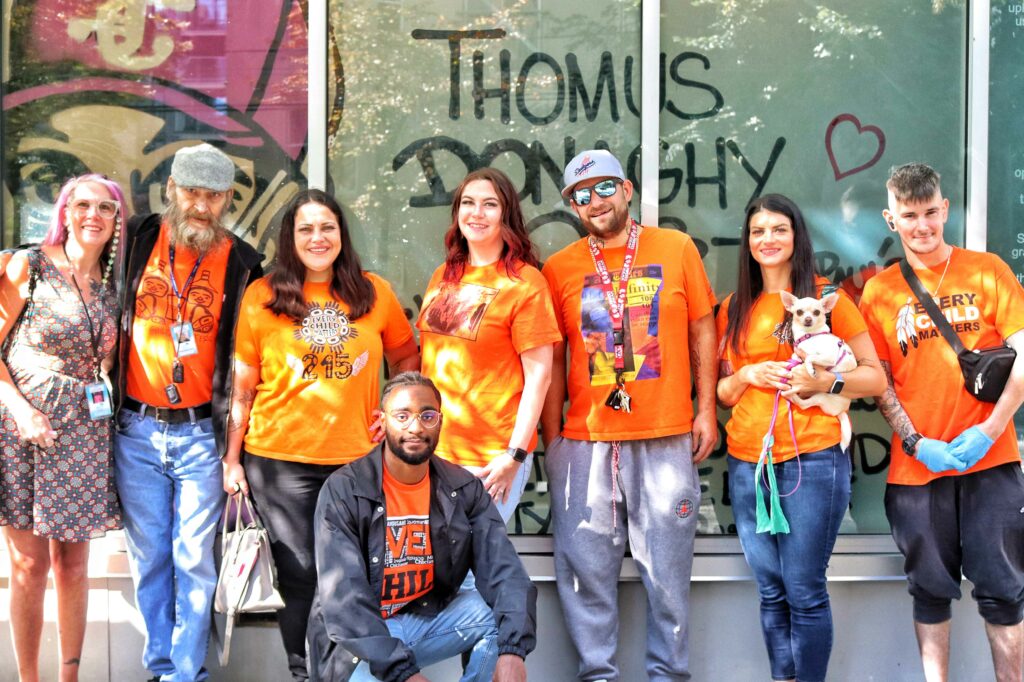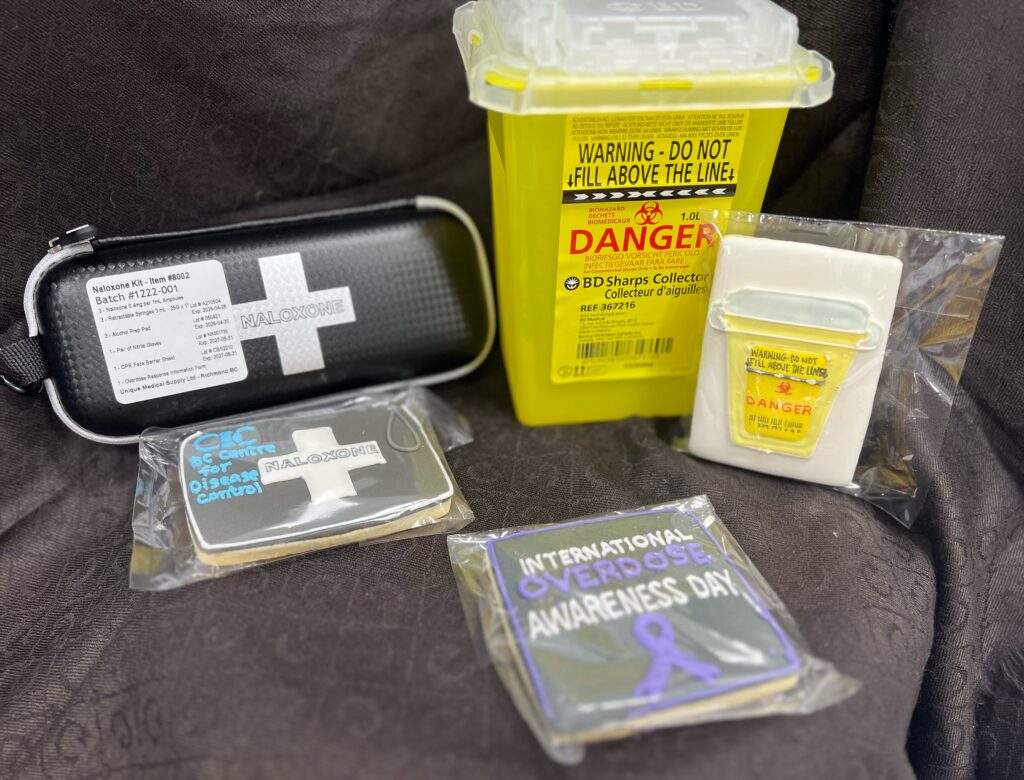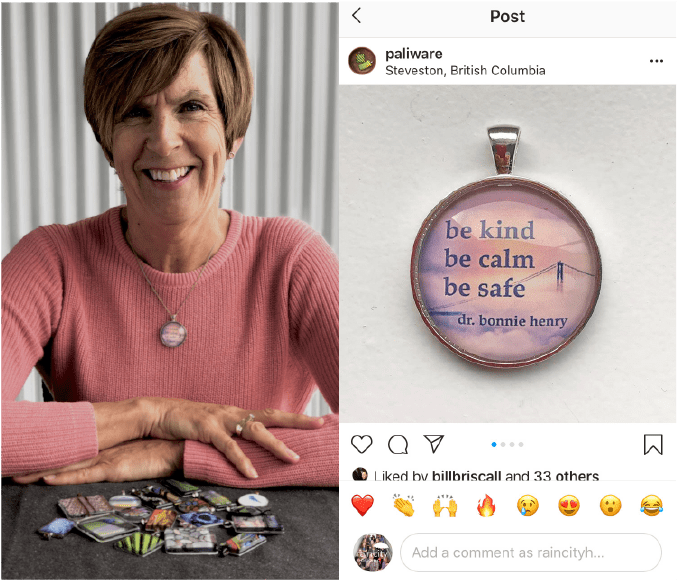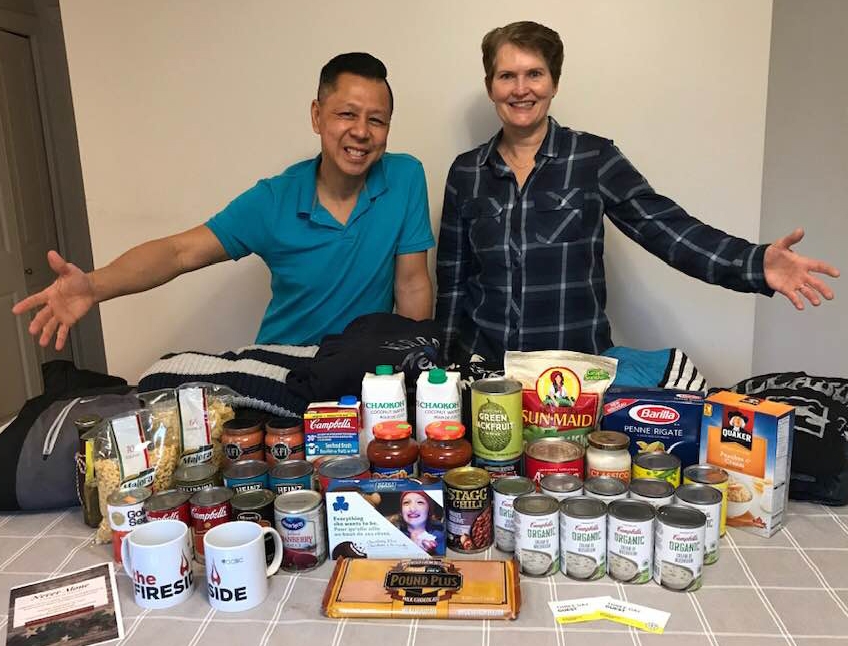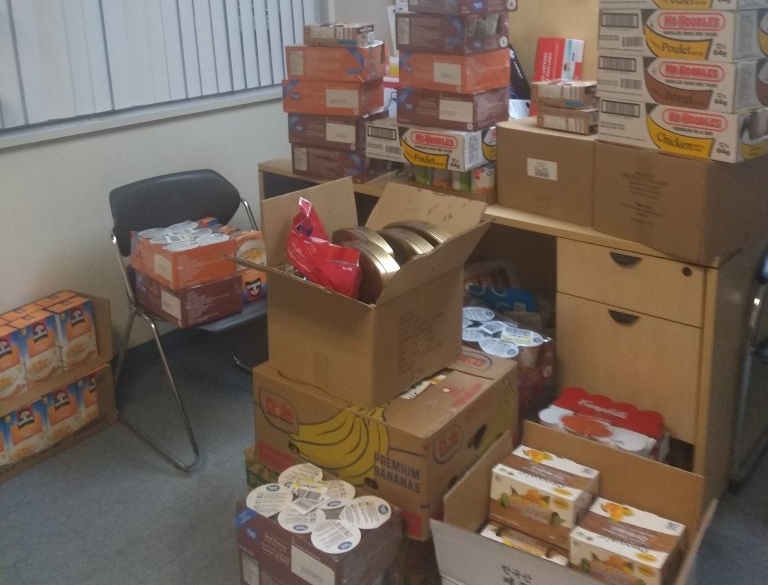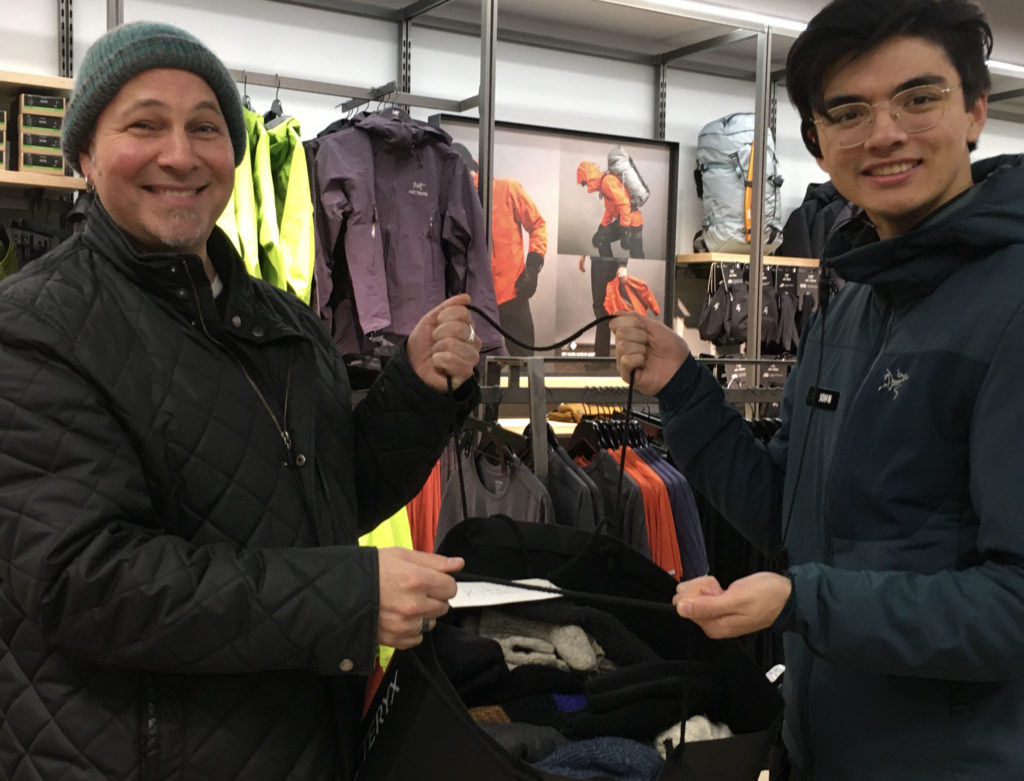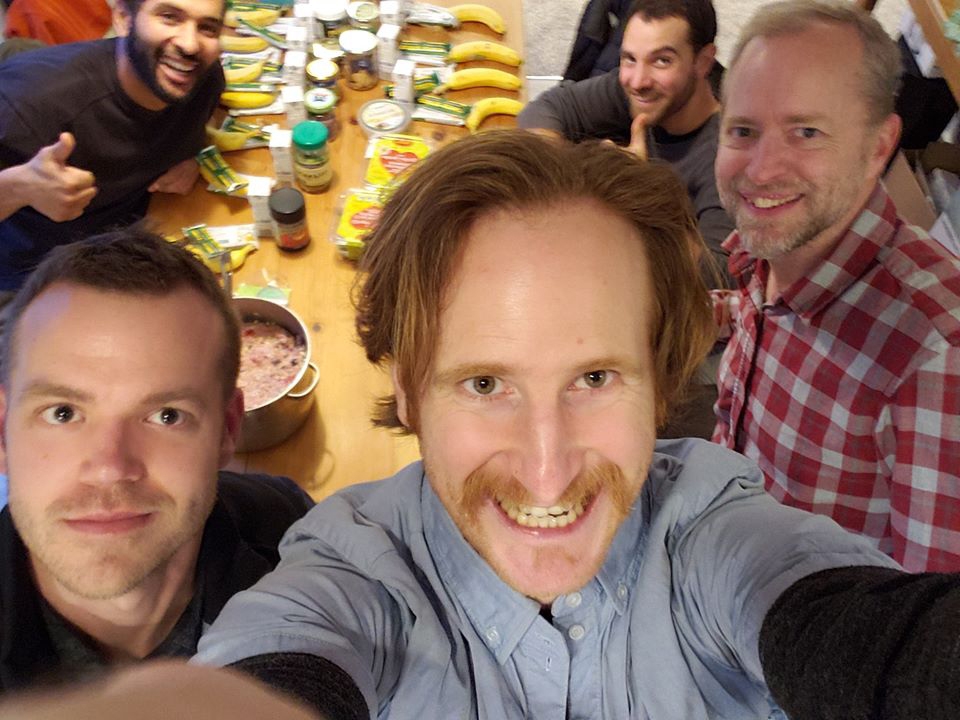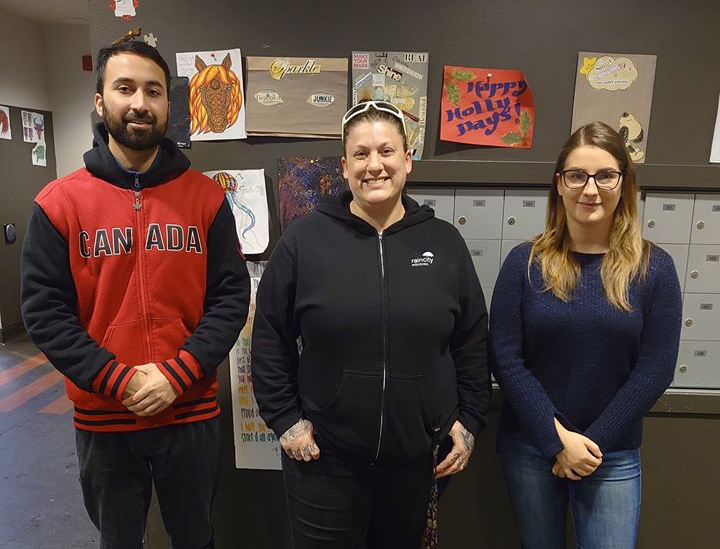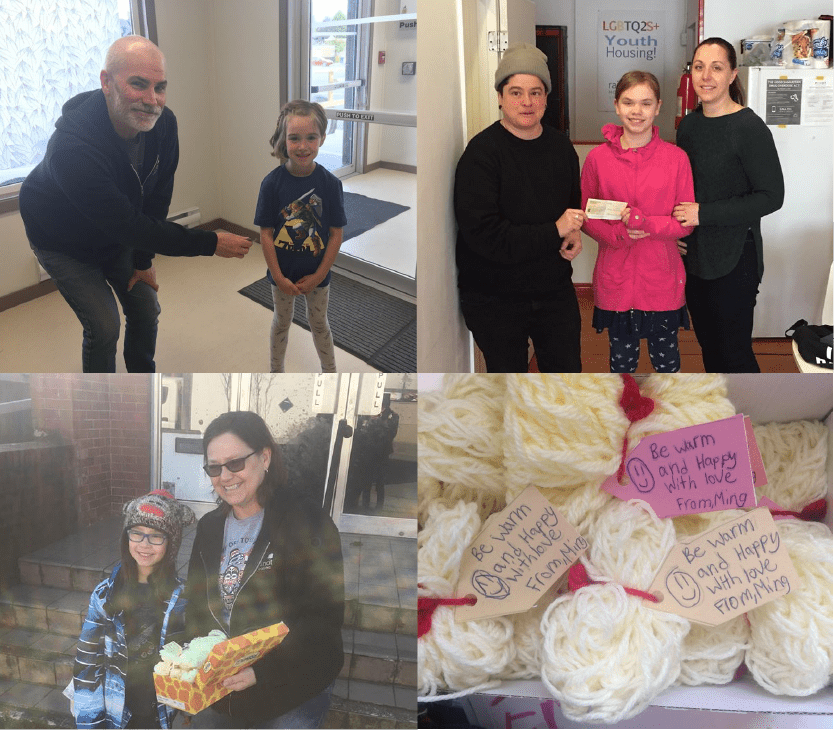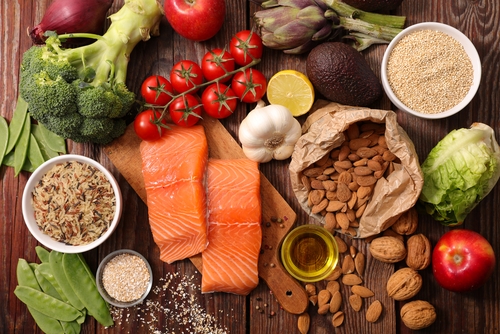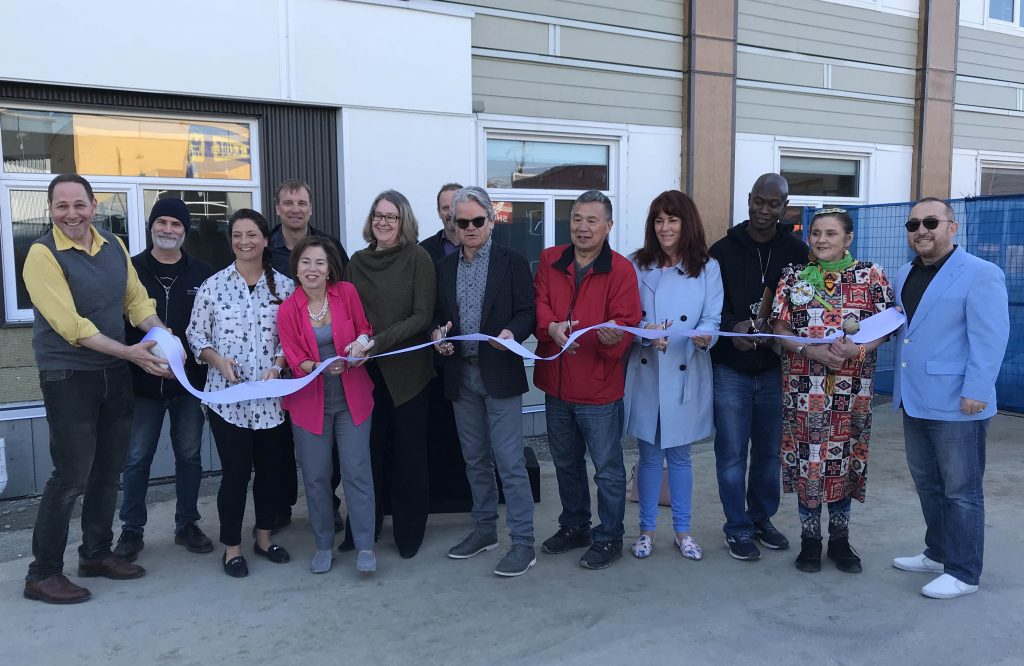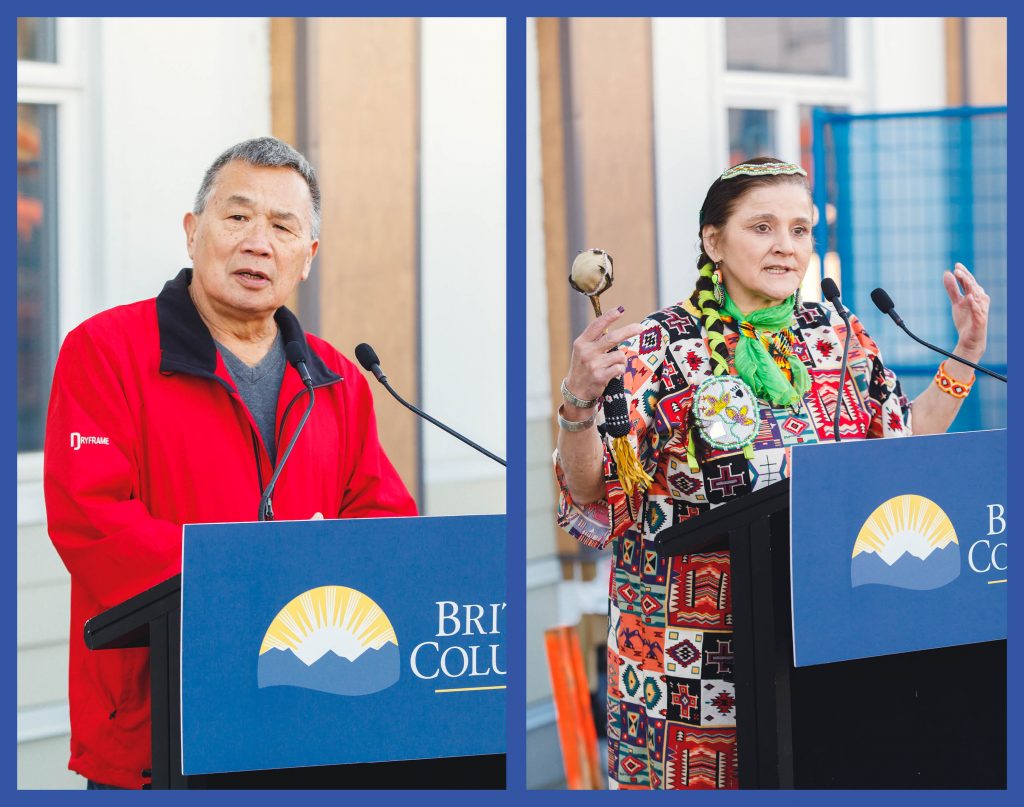RainCity’s Manager of Communications & Fund Development shares his personal thoughts as a non-Indigenous person who works alongside Indigenous and non-Indigenous coworkers at a non-Indigenous organization.
I’m writing this as the sun sets on the National Day of Truth and Reconciliation, also known as Orange Shirt Day. Many events took place today for both Indigenous and non-Indigenous people throughout Turtle Island, educational and connective opportunities to honour and remember all of the lives lost and of those impacted by the residential school system and the ongoing legacy of the colonization of Indigenous peoples.
For Reconciliation to be truly effective, it needs to be a daily process, not just on September 30.
I’ve been incredibly fortunate to have had opportunities to learn about these histories, the effects systemic racism continues to have on both Indigenous coworkers and the Indigenous people we support, how to contribute to culturally safe environments, and ways I can engage with the process of reconciliation.
Here are some of the things I’ve learned about my privileged position:
- I can exist in a cultural landscape and still not agree with the ideology, all the while perpetuating and benefiting from the ideology;
- I can hear or see individual or systemic racism taking place but not try to make change, while simultaneously benefiting from systemic racism;
- I have subconscious biases that perpetuate my view of myself and confirm my experiences as normal, when in fact many of my experiences are what BIPOC individuals may rarely experience.
If I’m to make change, take action, and get better at my anti-racism work, I need to practice. You can’t expect to pick up a guitar for the first time and play it perfectly. You need to spend some time and work at it. And if you want to get really good, you must practice every day. It’s not easy, but each time I confront such things, I try to call out anti-racism, address micro aggressions, and not shy away from difficult conversations.
As a non-Indigenous person, I am humbled and very grateful that the Indigenous Cultural Services department at RainCity is willing to work closely with all of us, inform us, and challenge us every day in how we do the work we do.
RainCity continues to learn and deepen the understanding of the societal and systemic racism that perpetuates and supports colonialism within or organization. As we learn from our actions towards decolonial practice, we hope to become stronger together in this work, and we invite everyone to join in this ongoing anti-racism and decolonial work.
Bill Briscall, Manager of Communications and Fund Development
